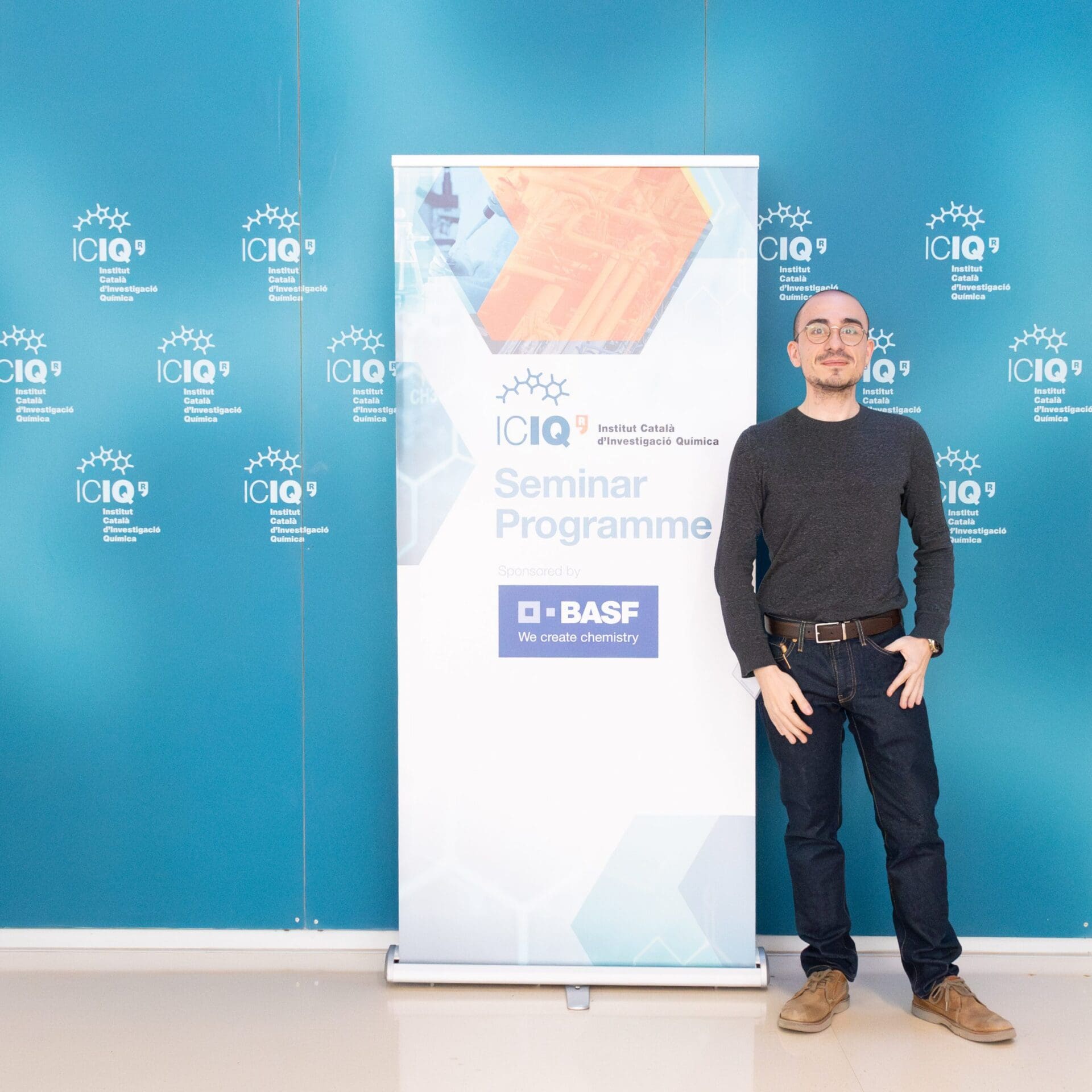
 04/12/2023
04/12/2023
 12:00
12:00
- Lecturer: Dr. Sergio Pablo-García
- University: Alan's Aspuru-Guzik The Matter Lab. University of Toronto (Canada)
Orchestration Software and Cheap Open Devices to Accelerate the Adoption of Self-Driving Laboratories
Self-driving laboratories (SDLs) combine automated hardware and artificial intelligence experimental planners to accelerate materials discovery. The cornerstone of an SDL is the orchestration manager, a pivotal software component responsible for facilitating communication and administration among diverse laboratory components. To address these challenges, we have recently presented ChemOS 2.0, an architecture design for orchestration that facilitates the combination of chemical experiments and simulations to rapidly explore chemical spaces. To demonstrate the capabilities of our design, we have used ChemOS 2.0 to automate the synthesis and characterization of organic laser molecules. Additionally, it has also been used to orchestrate electrochemical experiments performed on cheap open-source automated platforms built from scratch. As such, we demonstrate the capabilities of SDL in improving the speed of chemical research.
Other events

Let's create a brighter future
Join our team to work with renowned researchers, tackle groundbreaking
projects and contribute to meaningful scientific advancements



















